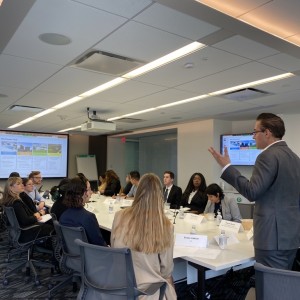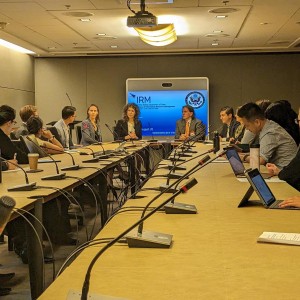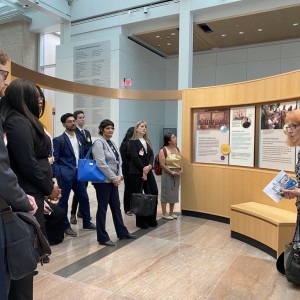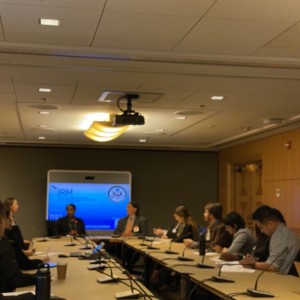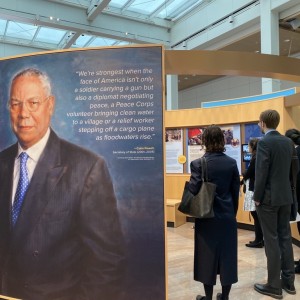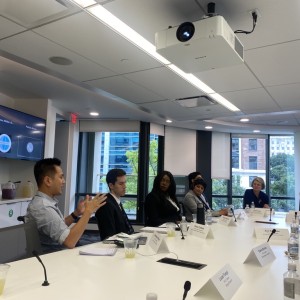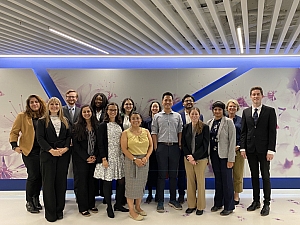The Chemistry of Cooperation: The Next Generation of Science Diplomats
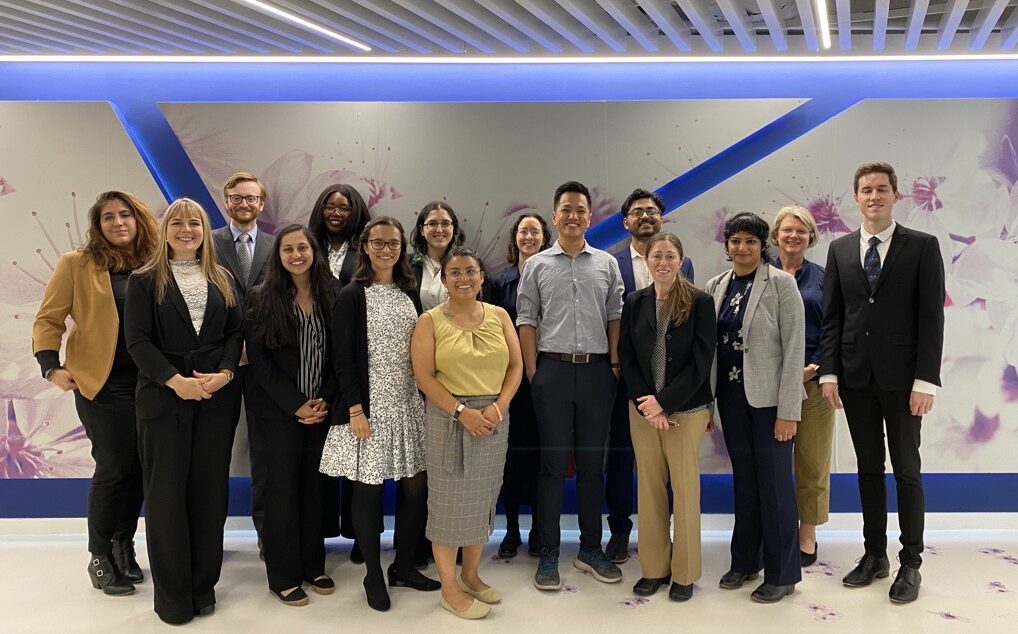
Many of the world's most pressing challenges, such as climate change, pandemics, energy security, and food scarcity, require international cooperation and the sharing of scientific knowledge and expertise. Science diplomacy can be an effective mechanism to build trust between nations and can serve as a bridge for dialogue and cooperation on the pressing global challenges of our time.
While scientists are experts in research and analysis, diplomacy often requires leveraging skills in communication, networking, and overcoming bureaucratic hurdles. Understanding the complex inner workings of the diplomatic apparatus, including the U.S. Department of State, embassies, and multilateral organizations can aid scientists in successfully leveraging their expertise science and technology, environmental issues, or public health into a career in foreign policy. In order to bridge the gap between their technical expertise and the soft skills needed for success in the diplomatic arena, Meridian partnered with the National Science Policy Network (NSPN) in 2022 to create a Diplomatic Skills Training for Scientists.
The partnership continued with a second cohort in summer 2023 for 20 Ph.D. candidates and scientists. Over the course of six virtual evening sessions and a full-day in-person session, participants delved into the world of international relations, learned about the fundamentals of diplomacy, the nuances of multilateral and public diplomacy, the art of diplomatic protocol, negotiation strategies, and tools for effective cross-cultural communication. The sessions were punctuated with guest speakers, interactive exercises, and simulations that allowed the participants to put their newly acquired knowledge to practice.
Retired foreign service officer and public-diplomacy educator Tania Chomiak-Salvi led the students through the course, and brought in experts in diplomacy, such as Fernando Marani, Deputy Chief of Staff of the President of the United Nations General Assembly, Deneyse Kirkpatrick, Senior Advisor, U.S. Department of State’s Advisory Commission on Public Diplomacy, and Dr. Mora Bamgboye, Science Diplomat, U.S. Department of State.
The program culminated in a full-day, in-person program held in the nation’s capital. In Washington, DC, participants had the unique opportunity to visit the National Museum of American Diplomacy, meet with science diplomacy leaders at the U.S. Department of State, and completed a negotiations simulation at 3M Sciences. Acting Assistant Secretary Jennifer Littlejohn, Bureau of Oceans and International Environmental and Scientific Affairs, and Acting Science & Technology Advisor Allison Schwier, Office of the Science and Technology Adviser, highlighted the important role of scientists in diplomacy, and the opportunities for science diplomats to create real, meaningful change.
According to a post-course survey, 89% of participants expressed familiarity with where to find career development opportunities to prepare for a career in diplomacy, compared to only 36% before the course. The participants are well-equipped to embark on their journeys to bring fresh perspectives and problem-solving approaches to the world of diplomacy. In an era of compounding global threats, bridging the gap between science and diplomacy remains paramount to solving some of the world’s most pressing challenges.
The Diplomatic Skills Training for Scientists training is made possible through the generous support of the Gordon & Betty Moore Foundation.
Project summary
| The Chemistry of Cooperation: The Next Generation of Science Diplomats | August 2023 | |
|---|---|
| Number of Attendees: | 20 |
| Impact Areas: | Science and Technology, Public Diplomacy |
| Program Areas: | Diplomatic Engagement |
